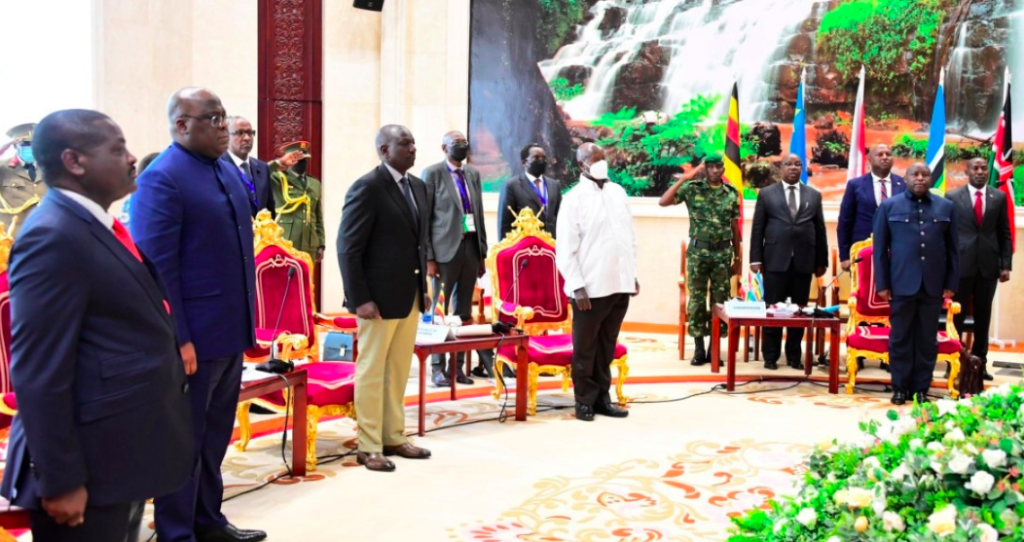The East African Business Council (EABC) has advised member states of the East African Community to negotiate as a bloc while securing deals with third parties.
Adrian Raphael Njau, the Acting Executive Director of EABC said on Friday that an EAC unified approach will enhance trust among partner states.
Negotiating trade agreements with third parties as a bloc will improve negotiation leverage.
The EABC, however, stated that Partner States have found it difficult to collectively negotiate and finally concluded reciprocal trade agreements as the bloc with third parties outside Africa.
“A notable example is the EAC-EU Economic Partnership Agreement (EPA) and the EACUK Economic Partnership Agreement (EPA).”
“It took EAC and EU seven years from 2007 to 2014 to conclude the negotiations of the EAC-EU EPA but while the EU went ahead and signed the Agreement in June 2016; Its only Kenya and Rwanda which decided to sign the EPA in September 2016 before Kenya went ahead and ratified the Agreement in the same month,” EABC said in a statement.
Currently, the EAC Partner States as a bloc are implementing two reciprocal trade agreements with third parties that were collectively negotiated and concluded between EAC Partner States and other African countries.
These agreements are the African Continental Free Trade Area (AfCFTA) and the COMESA-EAC-SADC Tripartite Free Trade Area (TFTA).
Under these two agreements, the five EAC Partner States (Burundi, Kenya, Rwanda, Uganda, and Tanzania) have agreed to liberalise their tariffs with other African countries through joint tariff offers based on EAC CET.
The EAC Customs Union Protocol (CUP) requires the Community to coordinate trade relations with foreign countries so as to facilitate the implementation of common policy in the field of external trade.
The main purpose is to ensure that the EAC Common External Tariff (CET) is uniformly implemented by all EAC Partner States.
“Individual country having separate tariff concession with third parties which is different from the existing EAC CET may compel other Partner States to restrict free circulation of goods to mitigate trade deflection,” Njau said.
Article 37(4) of the EAC Customs Union Protocol (CUP) permits partner states to negotiate and enter into trade agreements independently with third parties, provided that the terms of such agreements do not conflict with the provisions of the EAC CUP.
Article 37 of the EAC CUP outlines the procedures that partner states must follow to conclude or amend trade agreements with third parties.
